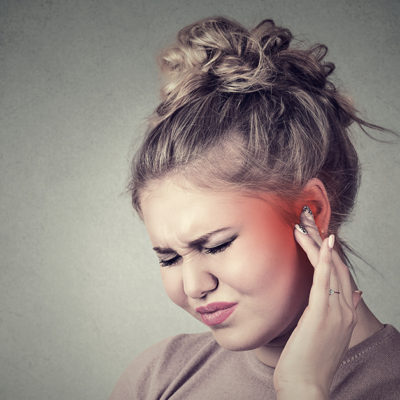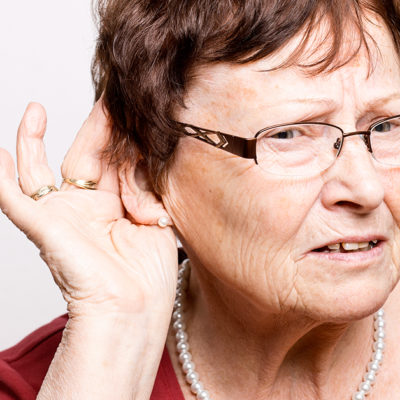Often referred to as ‘ringing in the ears’, tinnitus can be many different types of sound such as hissing, chirping, or wooshing and is a symptom of damage or dysfunction inside the hearing system. Experts don’t know exactly what causes us to hear sound that isn’t there, but many suspect that it happens when the auditory system reacts to damage by trying to compensate for missing signals.
However, some people who experience tinnitus don’t have hearing loss. This means that there are other causes of tinnitus in addition to it being a symptom of hearing loss.
Tinnitus and your hearing test
Tinnitus can affect your hearing test by making it harder for you to identify certain words and pitches associated with the test, but the good news is that hearing professionals are trained to administer tests to those who have tinnitus. They key is to let them know that you have it before you begin.
Before your hearing test
It is important to let your hearing expert know of your tinnitus before the hearing test begins. Here are some questions you can prepare to answer from your hearing expert:
When did you start experiencing tinnitus? Did you also find hearing problems around then?
Is the sound high- or low-pitched? Is it loud or soft?
Does the sound change throughout the day?
How does it vary and when?
Does it get worse in some situations?
Does it worsen after drinking coffee or being in a noisy environment?
Is it in both ears?
Lifestyle prep for your hearing test
Before arriving at the hearing clinic, and as a general recommendation, take measures to reduce the prevalence of your tinnitus by considering the following factors:
Get quality sleep – If you don’t get enough sleep, your blood circulation can be reduced, which affects both hearing loss and tinnitus. In addition, using an extra pillow to keep your head raised can reduce congestion, which can also aid your tinnitus.
Eat and drink healthily – Alcohol, cigarettes, coffee, and artificial sweeteners (aspartame) may all negatively contribute to hearing loss and tinnitus.
Tinnitus does not mean you have hearing loss, but the only way to know for sure is to get your hearing assessed by a hearing professional. Your hearing assessment will not only help you identify a potential hearing loss, but can also lead to a solution that treats both your potential hearing loss as well as your tinnitus.
Are you ready to start your journey to better hearing? If you are a Canadian over the age of 18 who may have hearing loss, book a free hearing test with us today!






2 Comments
Will you be holding a Tinnitus clinic any time soon?
Hi Denis. Our sponsor clinics have staff that can address your tinnitus questions and concerns. Please request an appointment in the top right corner and one of our appointment specialists will be in touch to help you out. Thanks for commenting!